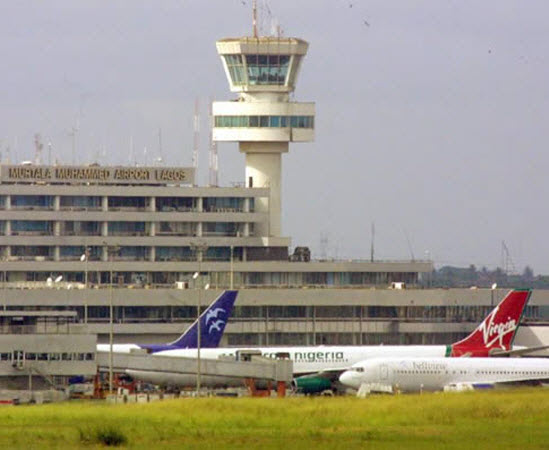There are no products in your shopping cart.
| 0 Items | £0.00 |


SEVERAL Nigerian airlines have already hiked their air fares to the southeast and south-south geo-political zones by 131% with effect from December 1 as they get set to cash in on the seasonal Christmas rush that witnesses all Igbo returning home to celebrate.
In what is now an annual ritual, a majority of Nigeria's 35m Igbos travel to the southeast at Christmas in what is termed human Serengeti. Aware of the boom this provides, bus operators and airlines hike their prices to cash in on the bonanza but this year, the move has started four months earlier than usual.
For instance, Nigeria’s largest airline, Air Peace, has jacked up the price of its one-way economy ticket from Lagos to Asaba in Delta State to N337,500 from N147,000. Also, with the Lagos to Enugu and Benin one-way economy tickets have increased from N145,000 to N335,500, while Abuja to Benin has also risen from N145,000 to N335,500.
Another airline United Nigeria, has also hiked its one-way economy ticket from Lagos to Enugu from N125,500 to N335,500 starting from December 11. In addition, its one-way economy tickets from Lagos to Owerri in Imo State and Asaba in Delta State simultaneously rose from N125,500 to N335,500.
However, for the Akwa Ibom State-owned airline Ibom Air, fares are still within the same price range. With these huge rises, some passengers have said that despite insecurity concerns, they might have no other choice than to resort to road transportation.
Roland Iyayi of the Airline Operators of Nigeria (AON), said: “Anything about pricing of airfares is an economic consideration. We look at it from the standpoint of demand and supply. There is also a need to consider all the factors involved.
"For the southeast, during a peak period, traffic is typically one way. What it means is that the demand is usually in one direction. If an airline takes maybe 100 passengers to that destination, it comes back with maybe about 20 passengers.’
Allen Onyema, the chairman of Air Peace and vice chair of AON, identified reasons airfares were not dropping, saying they include high landing costs, aviation fuel, also known as Jet-A1 and insurance. He said: “Aviation fuel remains a major issue for airlines worldwide. A litre of fuel sells for about N1,050 to N1,100. A Boeing 777 burns between 3,500 and 4,000 litres per hour on the Lagos to Abuja route.
“When multiplied, that amounts to roughly N5m. In addition, once an aircraft takes off, there is an associated engine cost per landing. Every cycle carries an engine cost, alongside the cost of insurance.
“There is a cost attached to everything, including the airframe, fuselage and landing gear. If the aircraft is wet-leased, the operator pays about $6,000 per hour.”